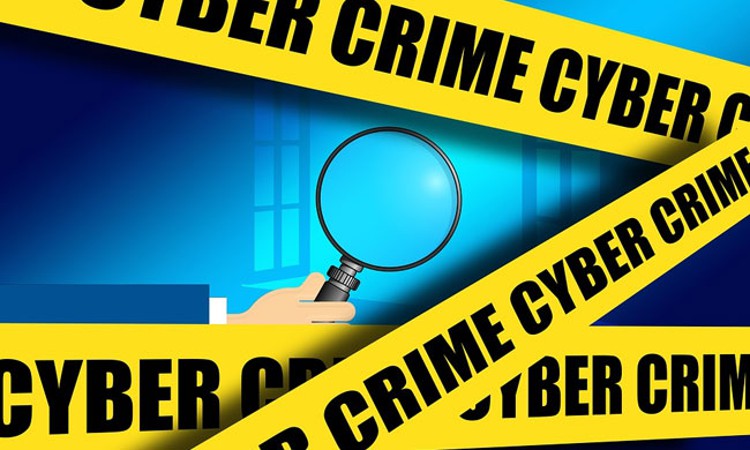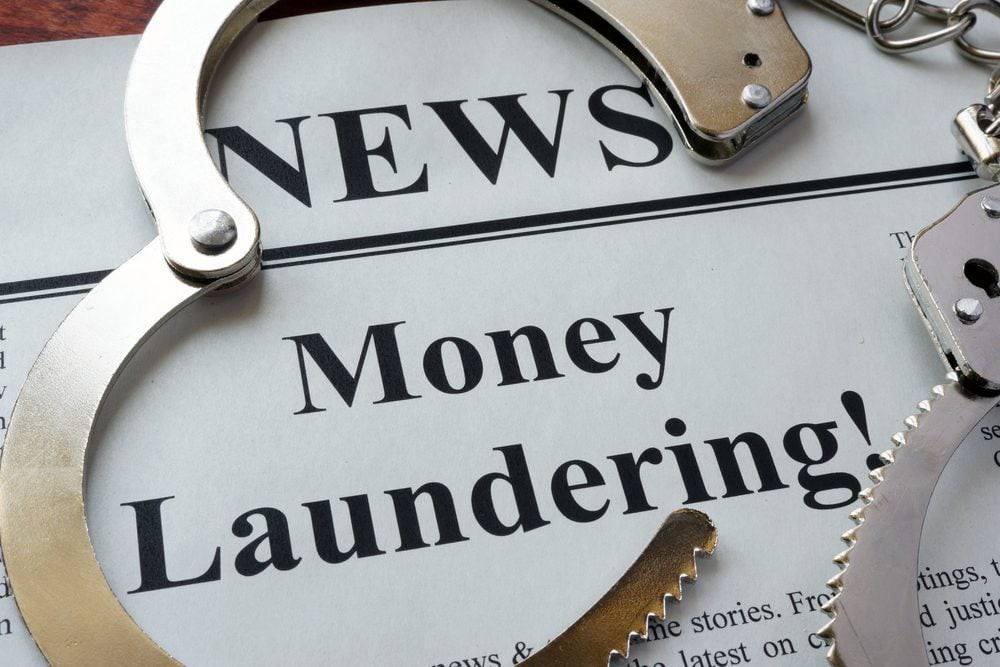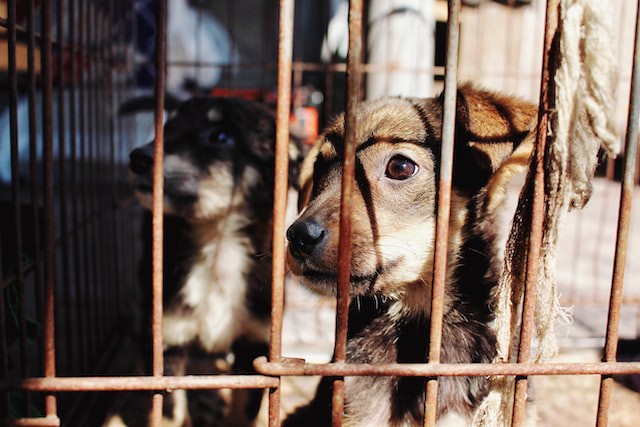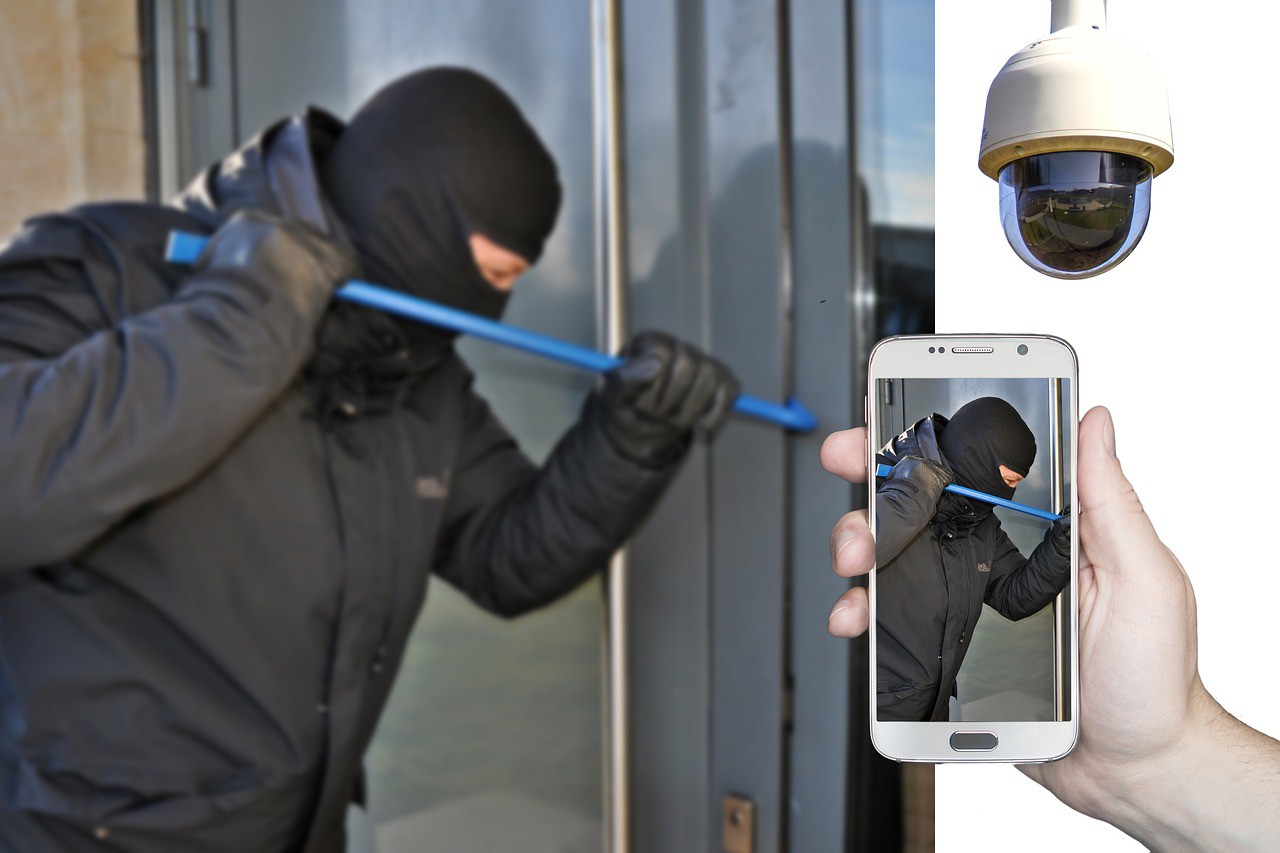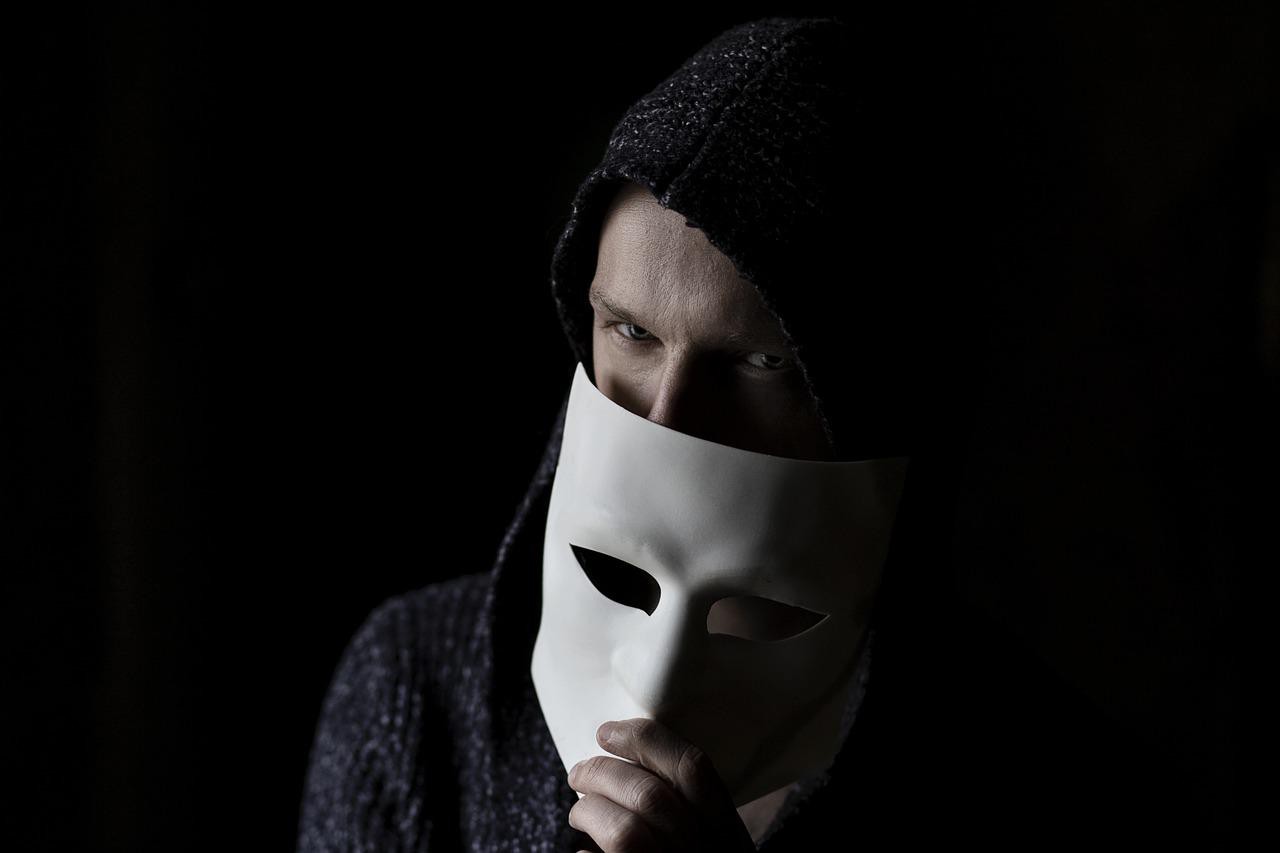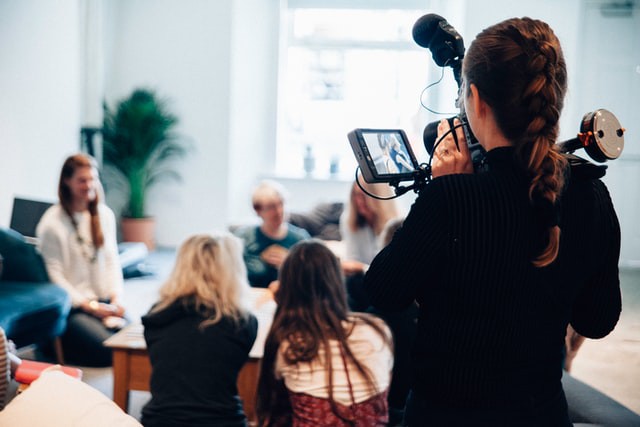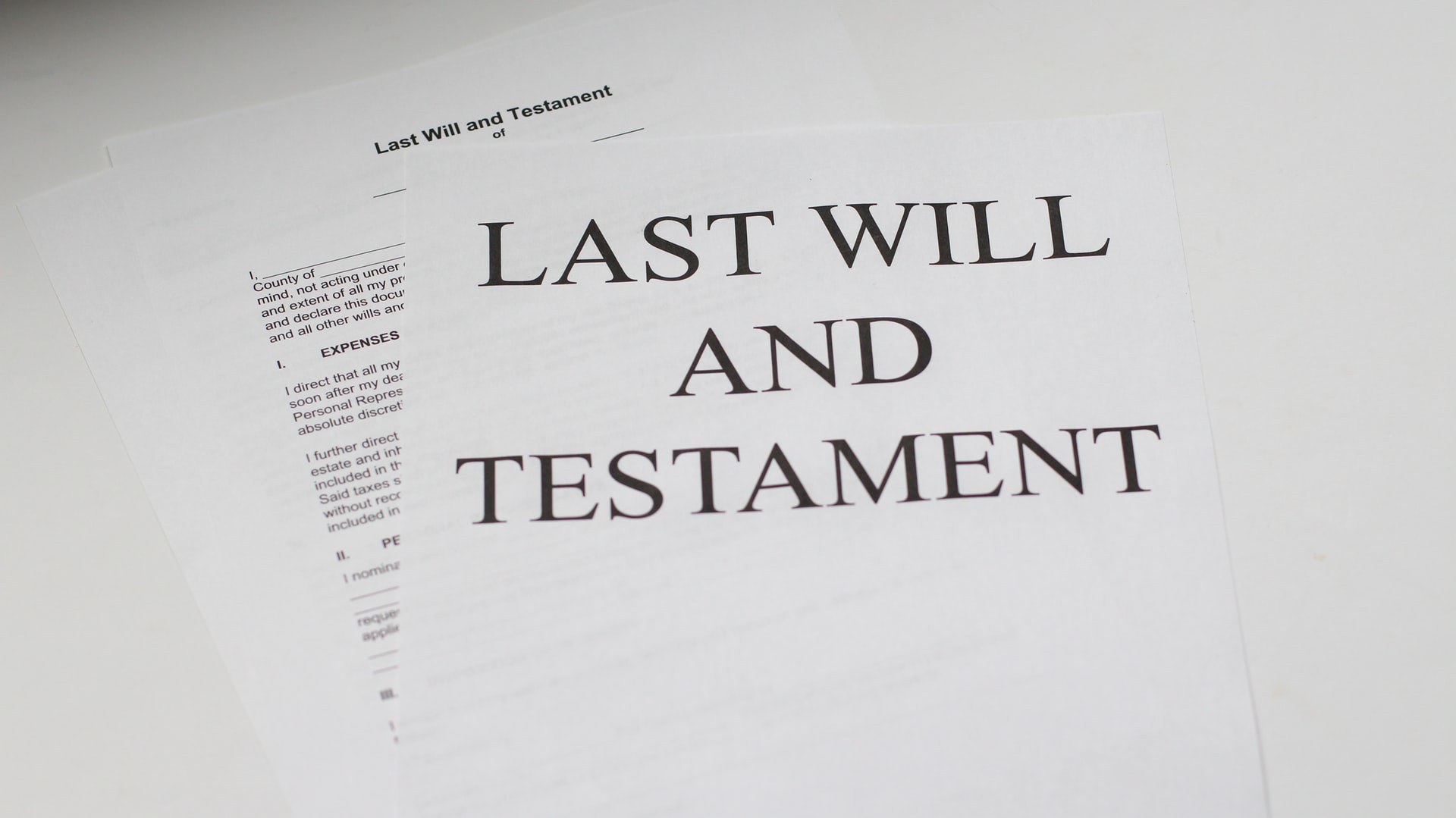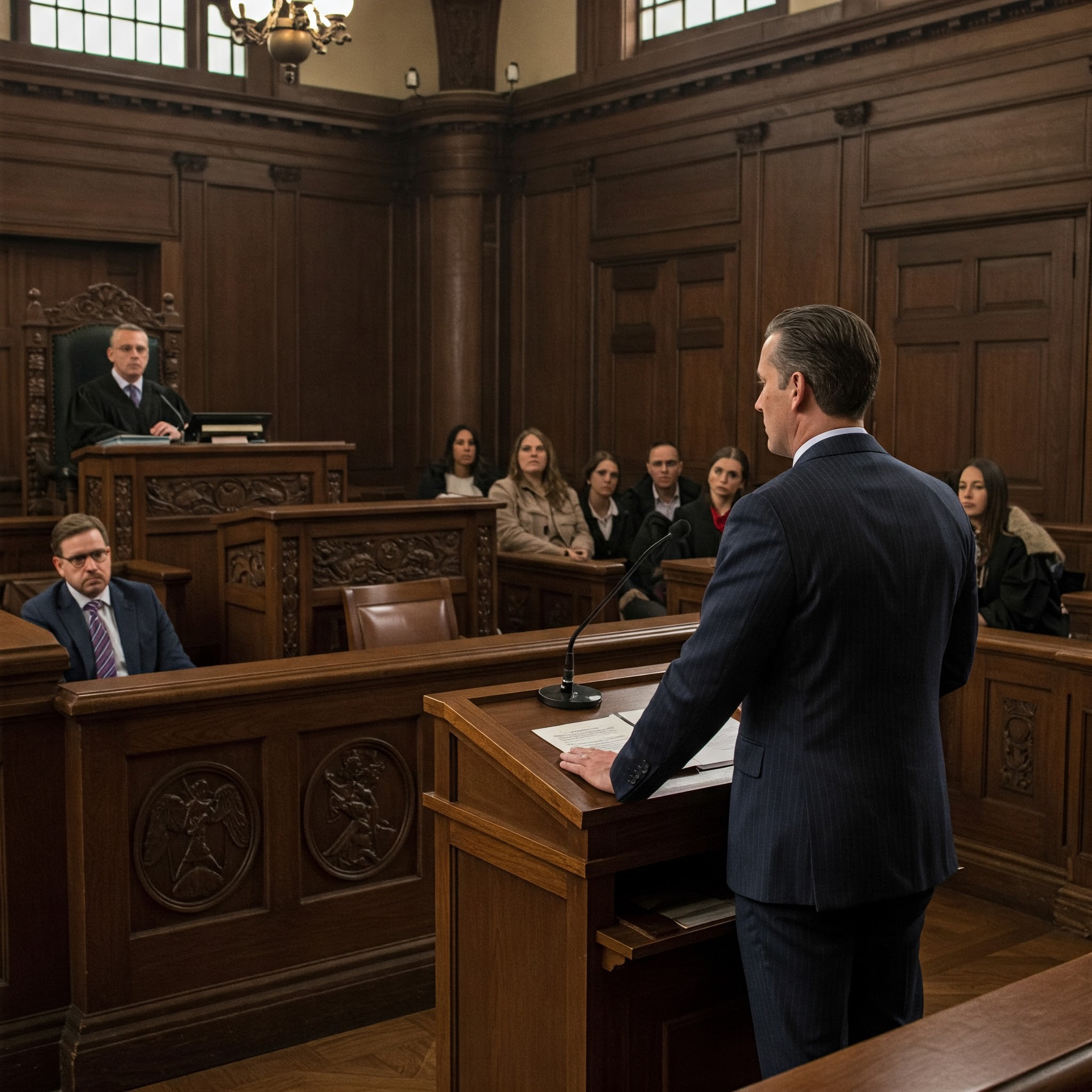Published: July 3, 2023
Last Updated: July 4, 2024
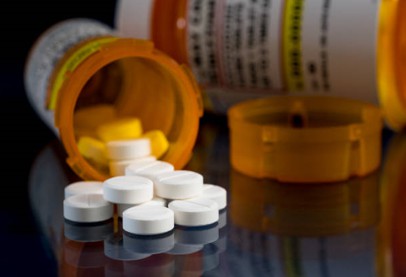
In the UAE use and possession of drugs is considered a severe crime. When it comes to drug laws the UAE has a zero-tolerance policy. Frivolous drugs are banned in the country and alcohol is only available only to individuals with a liquor permit. The narcotic or psychotropic substances are classified under schedules 3, 6, 7, or 8 of the UAE drug laws. The best criminal lawyers in the UAE will explain the intricate details of criminal processes for the usage of drugs in this article.
While conducting tests, if the drug is detected in blood or urine it will be counted as possession of drugs and it can attract punishments like prosecution, fining, and possibly jail for being under the influence of illegal drugs.
Drug tests can be conducted randomly or on the basis of suspicion, people might undergo drug tests in the course of employment if mentioned in their employment contract.
There are certain restrictions on some prescribed medications in the UAE. Medicines easily available in other countries might not be found in the UAE before bringing medications that are restricted in the country the travelers first should get authorization. For authorization, it must provide a copy of the prescription provided by a doctor.
Laws related to the use and possession of drugs in the UAE are very strict. Under the drug law of 1996 death penalty was awarded for trafficking drugs into UAE. Federal Law No. 14 of 1995 on the Countermeasures against Narcotic Drugs and Psychotropic Substances talks about drugs, some provisions of the said law are mentioned below:
Article 6 permits the use of drugs only for the purpose of scientific research by a knowledgeable authority, other than that possession, import, export, of narcotic drugs, shall be prohibited.
Only the following institutions/administrative bodies can obtain narcotic substances by written permits.
1) Government bodies and recognized institutes;
(2) State or licensed hospitals, clinics, and sanatoriums;
(3) Licensed chemical analysis laboratories or medical, scientific, and industrial research laboratories;
(4) Licensed medicine storehouses, pharmacies, and pharmaceutical factories, provided that they employ a duly responsible pharmacist licensed to practice the profession;
(5) Offices of intermediaries and agents of medicinal and pharmaceutical factories and companies, licensed to practice the profession, provided that they employ a duly responsible pharmacist licensed to practice the profession. The authorization shall be issued in the name of the Director of the entity or the person responsible therefor, in his own capacity, on the basis of an application signed by him in accordance with the format prepared for this purpose by the Competent Administrative Authority. The Authority may either refuse to grant the permission or reduce the quantity requested.
The entity licensed to trade in narcotic drugs or psychotropic substances must employ a pharmacist to be responsible for these materials.
Only a licensed and practicing physician’s prescription must be considered by the pharmacies before providing the narcotic substance.
Prior permission is a must for the manufacturing units for the use of a narcotic substance in pharmaceutical preparations.
According to this section, it is prohibited to Cultivate plants producing narcotic substances.
Few new amendments are added to the UAE’s drug laws, as the courts have the freedom to exchange drug-related offenses with the treatment of first-time offenders in specialized units. Possible detainment of the first-time offender is reduced to three months from 2 years and the offender will be sent to the rehabilitation center for the said period.

